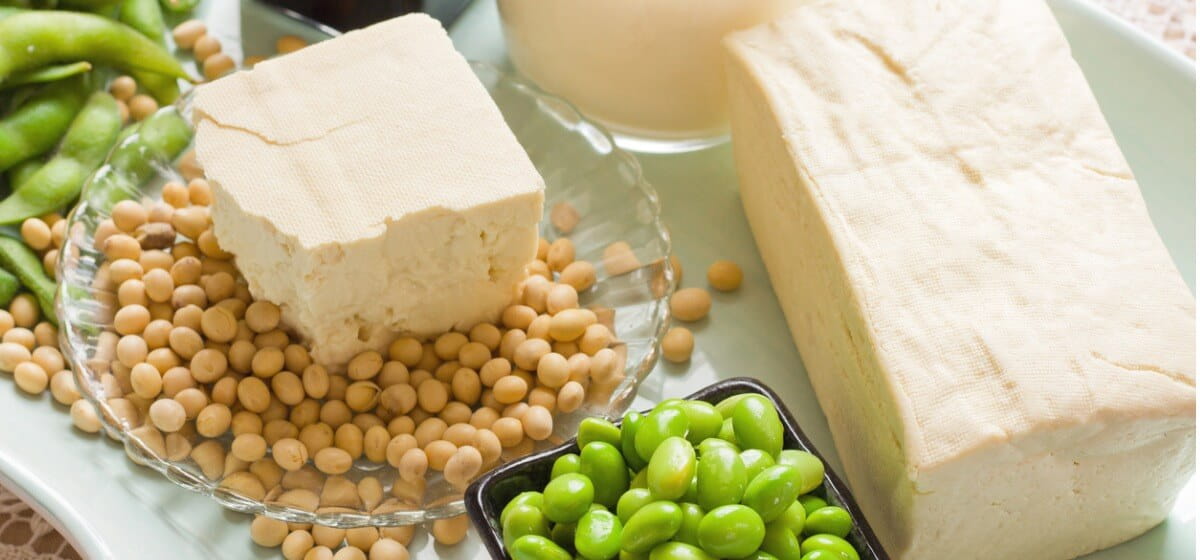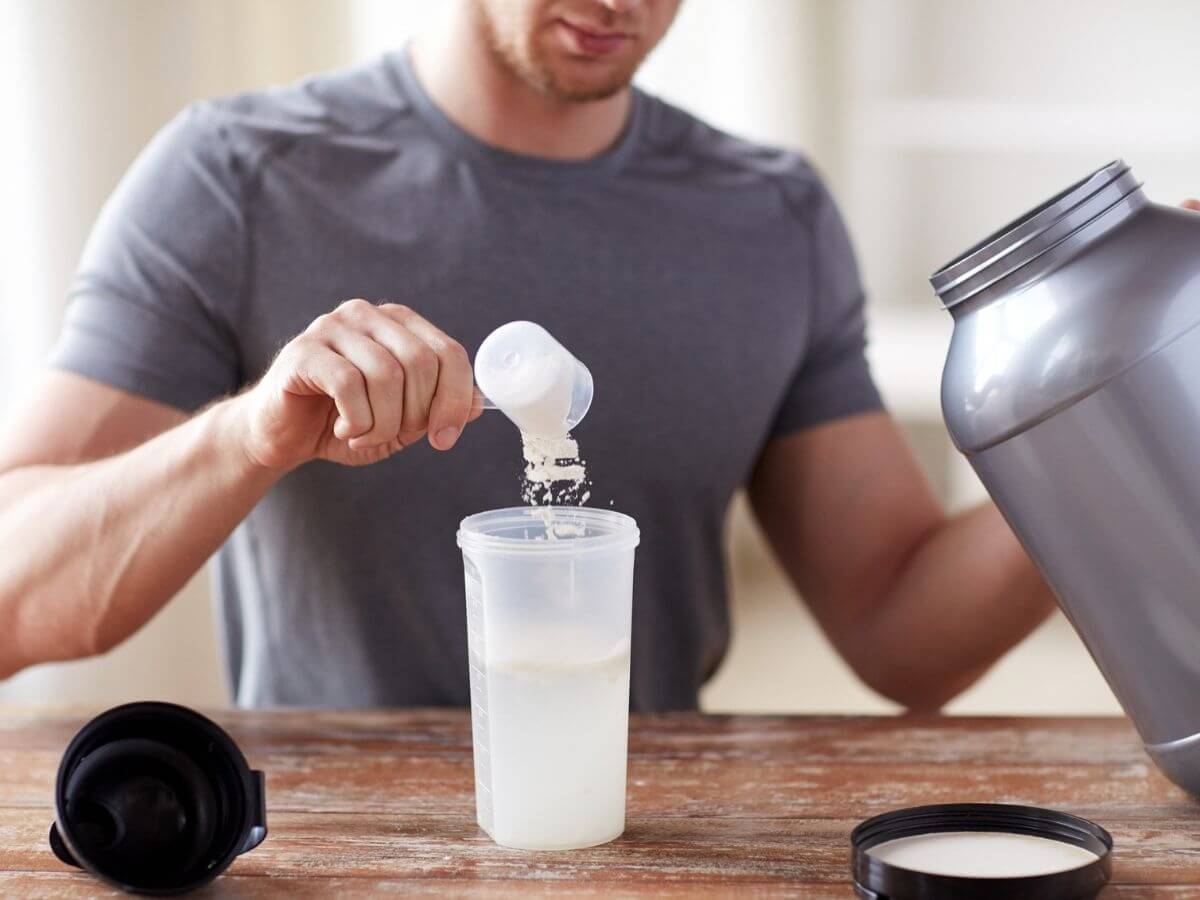How Soy Affects Fertility?

Soy products such as milk and tofu have become popular among the health-conscious. Despite their many benefits, there’s some debate surrounding if soy affects fertility.
Soy Affects Fertility by Minimizing Effects of BPA
Present in most food packaging today, Bisphenol A (BPA) is a chemical that’s virtually ubiquitous and more than 96 percent of us have some level of it in our body. Among a variety of other health concerns, BPAs are believed to contribute to as much as 20 percent of unexplained infertility cases.
While previous studies showed consumption of soy or soy supplements increased live births among women undergoing infertility treatment, a more recent study seems to have connected those dots.
Harvard researchers studied women participating in In Vitro Fertilization (IVF). Women who had not consumed soy products had higher BPA levels associated with lower chances of pregnancy and live birth. But among women who routinely ate soy, BPA had no impact on pregnancy outcomes.
Where BPA was suspected of affecting genes to inhibit fertility, soy is now indicated to prevent that effect.
Additional Benefits of Soy
Soy is also indicated in other unrelated health benefits for women and men, including a nearly 60 percent lower risk of pre-menopausal breast cancer as well as lowering the risk and aggressiveness of prostate cancer.
Add Soy to Your Diet
And whether you’re considering or already adding soy as part of your healthy habits routine, look for options that have minimal processing. Some good additions include:
- Edamame
- Soy milk
- Soy nuts
- Miso
- Tempeh
- Tofu
And remember, like all things related to diet, moderation is key. Recommended daily consumption of soy is limited to one cup of soy milk or three to four ounces of tofu.
If you have concerns about how soy or other parts of your diet will impact your conception or pregnancy, consult your OB/GYN.



